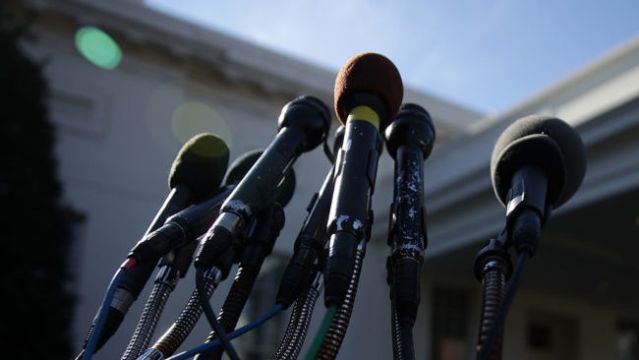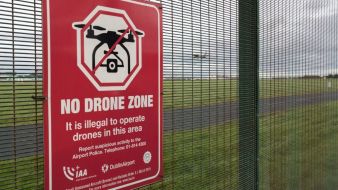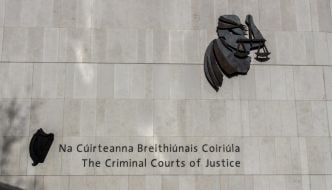The media needs to do a better job of explaining itself in order to combat growing scepticism of the media, according to the deputy director of Dublin City University’s Institute for Future Media, Democracy & Society (FuJo).
As the so-called ‘anti-mainstream media’ rhetoric appears to be growing in pockets of the population, Dr Eileen Culloty, who is an assistant professor in DCU’s school of communications, said the lack of understanding among the public regarding how the media works is leaving news outlets open to criticism.
Speaking to breakingnews.ie, Dr Culloty notes that while there has long been “very legitimate criticism” of the mainstream media, there is a knowledge gap surrounding the laws and conventions by which news outlets must abide.
“People in general have very little understanding of media and how it works, or how different outlets are funded, or how journalists get paid,” she explains.
Where a distrust of traditional news outlets arises, people often turn to those outside the mainstream media. However, Dr Culloty notes that not all of these news outlets are created equal.
“What’s happened more recently is we’ve seen the rise of alt outlets, and some of them are doing very good, important journalistic work by filling gaps that they see in the mainstream media, but then others present themselves as just being ‘anti-mainstream media’.
“A lot of the rhetoric rests on saying that the mainstream media is corrupt, or is in service of politicians or elites, and underpinning all of that is that mainstream media can be grouped the same, when in reality you’re talking about very different types of outlets.”
Threat
Not only does that knowledge gap exist around how different media outlets are funded and their ownerships, but also on issues like anonymity in the courts and criminal justice system, and defamation, Dr Culloty points out.
She adds that defamation is recognised as a major threat to the media in Ireland, and news outlets and journalists must take immense care not to be drawn into defamation actions as the costs can be ruinous.
Faced with the high cost of litigation, or the potentially astronomical awards if their defence fails, many recent cases taken against media outlets have ended in settlements.
In contrast, Dr Culloty says the threat of a defamation action is not something the average person needs to worry about, because it is unlikely they will have the means to warrant someone taking legal action against them.
“It’s very easy for someone who runs a blog to say ‘why aren’t RTÉ saying this, why aren’t they naming that person’. It’s because they have to be responsible and be absolutely sure they can stand over what they are reporting,” she says.
She adds that “anyone can call themself a journalist, with absolutely no training”, and while this is not automatically a negative, as “it’s a good thing that you have more points of view”, parts of the alt media do not operate to the same journalistic standards as is required by their mainstream counterparts.
“What they sometimes do then is attack the mainstream media and say that it’s not reporting, or its somehow trying to hide things, like its evidence of a conspiracy, and that’s where it becomes insidious.”
In the same way that we want people to be numerate and literate, we need them to have an understanding of technology.
This is where media literacy comes in. The idea that if people understood the laws and conventions surrounding news reporting then they would better understand why the media operates the way it does.
Dr Culloty says, in a world where our lives are digitised, “in the same way that we want people to be numerate and literate, we need them to have an understanding of technology”.
Digital literacy and media literacy are in many ways closely linked now. In the latest Digital News Report, 52 per cent of Irish respondents said their main source of news was online and social media.
With the rise of misinformation online, it is in our interest to have a population that is digitally literate to enable them to spot deceitful or malicious content, be it in the form of fake news, inaccurate health information, or things like financial scams.
But we cannot solely rely on individual responsibility to fix a societal issue. While individual-centred interventions are one part of the potential solution, the heavy lifting needs to be done by the media industry and policymakers.
“Media and journalists themselves need to do a better job explaining why they report the way they do,” Dr Culloty says.
She adds that politicians also have to play their part, most urgently in properly funding and resourcing Coimisiún na Meán and in introducing protections for journalism.
“If we keep saying that news media matters to democracy, we have to actually act on it, and ensure we actually do have a vibrant, independent media sector.”







